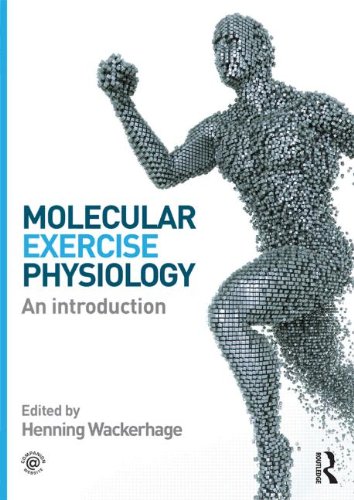

Most ebook files are in PDF format, so you can easily read them using various software such as Foxit Reader or directly on the Google Chrome browser.
Some ebook files are released by publishers in other formats such as .awz, .mobi, .epub, .fb2, etc. You may need to install specific software to read these formats on mobile/PC, such as Calibre.
Please read the tutorial at this link: https://ebookbell.com/faq
We offer FREE conversion to the popular formats you request; however, this may take some time. Therefore, right after payment, please email us, and we will try to provide the service as quickly as possible.
For some exceptional file formats or broken links (if any), please refrain from opening any disputes. Instead, email us first, and we will try to assist within a maximum of 6 hours.
EbookBell Team

4.0
96 reviewsMolecular Exercise Physiology: An Introduction is the first student-friendly textbook to be published on this key topic in contemporary sport and exercise science. It introduces sport and exercise genetics and the molecular mechanisms by which exercise causes adaptation. The text is linked to real life sport and exercise science situations such as ‘what makes people good at distance running?’, ‘what DNA sequence variations code for a high muscle mass?’ or ‘by what mechanisms does exercise improve type2 diabetes?’
The book includes a full range of useful features, such as summaries, definitions of key terms, guides to further reading, review questions, personal comments by molecular exercise pioneers (Booth, Bouchard) and leading research in the field, as well as descriptions of research methods. A companion website offers interactive and downloadable resources for both student and lecturers.
Structured around central themes in sport and exercise science, such as nutrition, endurance training, resistance training, exercise & chronic disease and ageing, this book is the perfect foundation around which to build a complete upper-level undergraduate or postgraduate course on molecular exercise physiology.